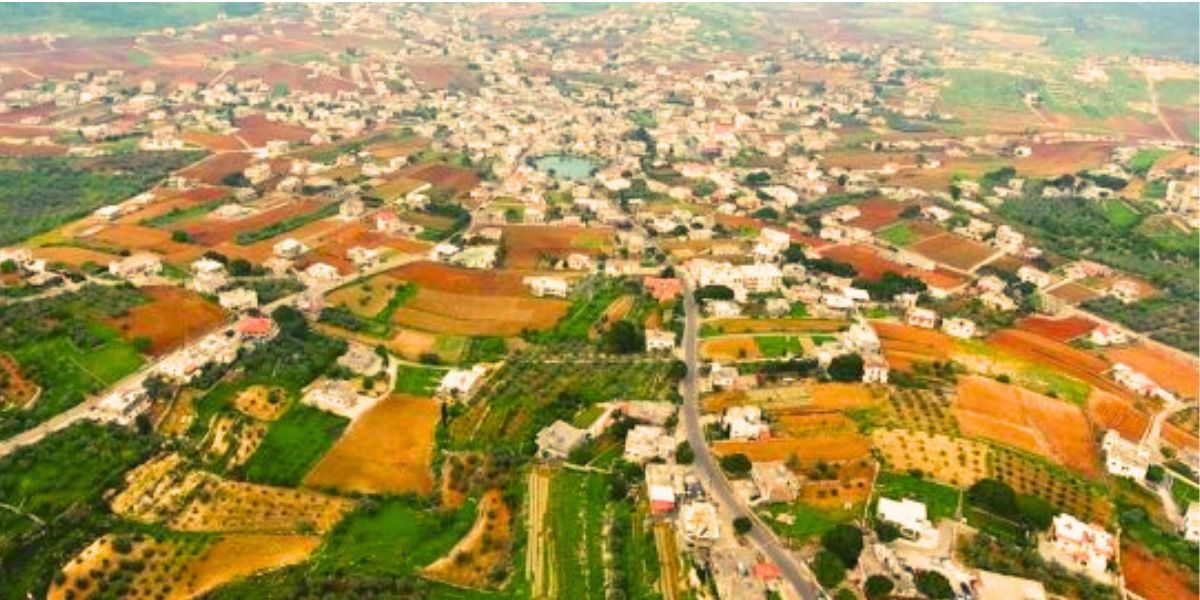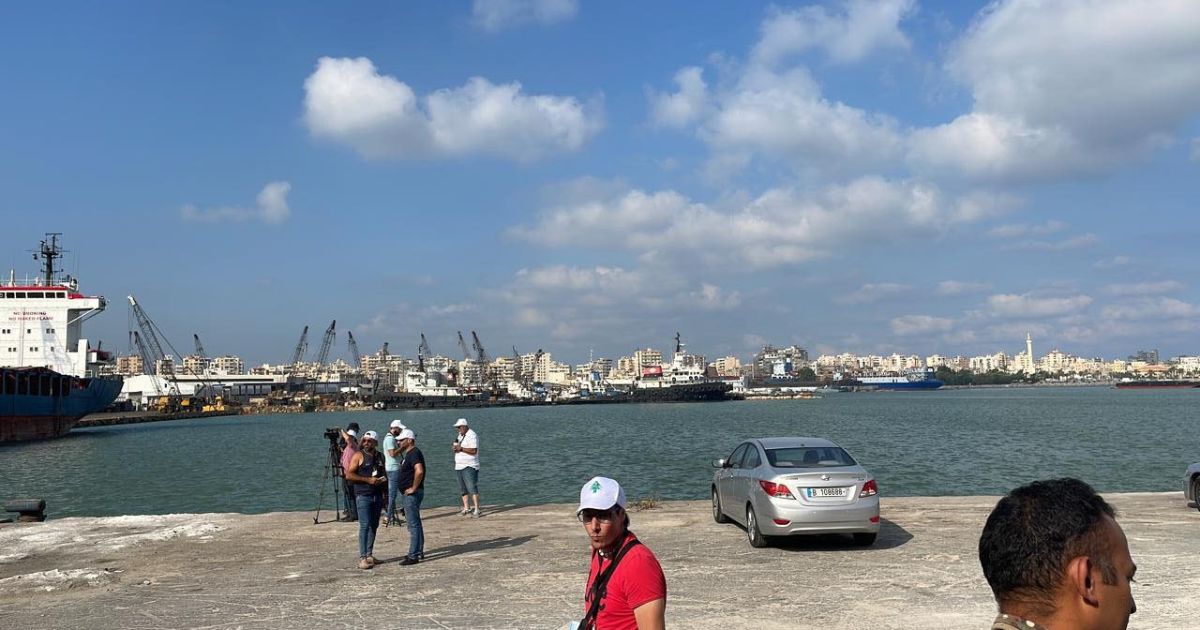Six protesters were injured trying to stop dozens of trucks heading to Syria through Beb El-Tebbeneh in Tripoli.
People have taken upon themselves to stop the smuggling of goods, especially food, from Lebanon to Syria ever since the crisis in Lebanon reached its peak.
Lebanon is running out of many everyday necessities, like meat and diesel, and the citizens are struggling to feed themselves and their families. Goods are either cut out of the market or too pricy for the Lebanese to purchase.
All the while, smuggling from Lebanon into Syria continues almost on a daily basis with little done to stop it. That has led the people of the revolution in Tripoli and in the Bekaa to make it their job to be vigilant of any suspicious transits and stop them from going through.
Some citizens found this situation to be ironic, taking to social media to blame the government for turning a blind eye to both the smuggling and the people’s hardships.
Someone went as far as to say, “For the first time in history, the government is smuggling and the people are stopping it.”
This recent incident in Tripoli, though, sparked outrage and controversy. Dozens of trucks were seen heading to Syria from Lebanon… right in front of the eyes of the starving people. Words spread quickly around that these trucks were smuggling wheat.
When people tried to stop these trucks, the Lebanese army intervened and some fell injured.
The Lebanese General Directorate of Customs prompted to issue a clarification that countered the people’s general assumption:
“These trucks transport aids of food and other items for the benefit of the United Nations and the International Red Cross from within the United Nations food program.”
It further explained: “They have come to Beirut port with an international transit fee to Syria, and are transported through Lebanese territory by a licensed transport company, knowing that this is done publicly and weekly since the beginning of the events in Syria.”
“Noting also that some Syrian tanks that entered Lebanon regularly to the port of Beirut, with the intention of transferring a number of vegetable oils, originally received by the Syrian state, therefore clarification is required in order to prevent misleading public opinion.”
The citizens of Tripoli, though, did not buy this statement, arguing that the trucks don’t have the UN logo on them and there wasn’t any UN pilot car leading ahead as there usual or accompanied by UN cars.
However, the World Food Programme (WFP) confirmed the statement of the General Directorate of Customs, issuing that 39 trucks were carrying aid to Syria, including sugar bags with the WFP logo on them.
Both the clarification of the Lebanese customs and the confirmation of the WFP came after the citizens had stopped two of these trucks, triggering clashes between them and the army.
The WFP statement clarified that: “All food in the trucks were imported from international markets through Beirut Port, which is one of the most important supply routes for the delivery of humanitarian aid to Syria.”
This incident, though reportedly mistaken for smuggling, doesn’t change the fact that there are goods being smuggled to Syria from Lebanon while Lebanon is sinking in poverty and many are going through hunger.
Trucks have also reportedly been carrying fuel from Lebanon to Syria, all the while, some Lebanese cities are threatened to go dark soon because generators’ owners don’t have enough fuel to keep their generators going for long.
The Telecom sector is among other industries in Lebanon being also impacted by the shortage of diesel.
Despite the statements of the above-mentioned authorities, the Lebanese people, in the North especially, still refuse to believe that these essentials subsidized by the government are not being snatched away from them and smuggled into Syria.
They are still understandably upset. Life has been at its harshest level in the country, and their trust in the authorities has long waned. Some have taken to social media to express it as observed in this cry-out from a Lebanese citizen:













